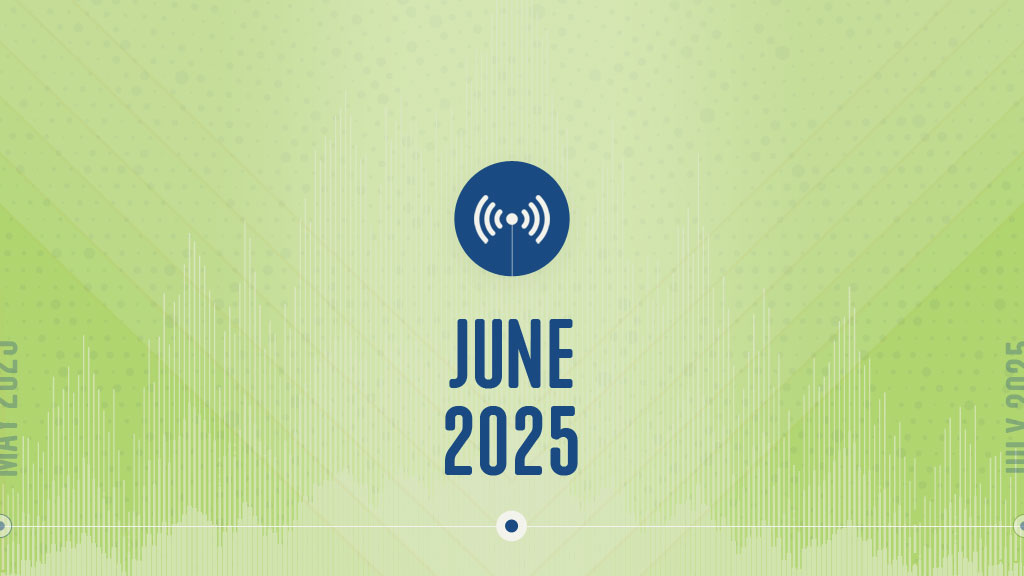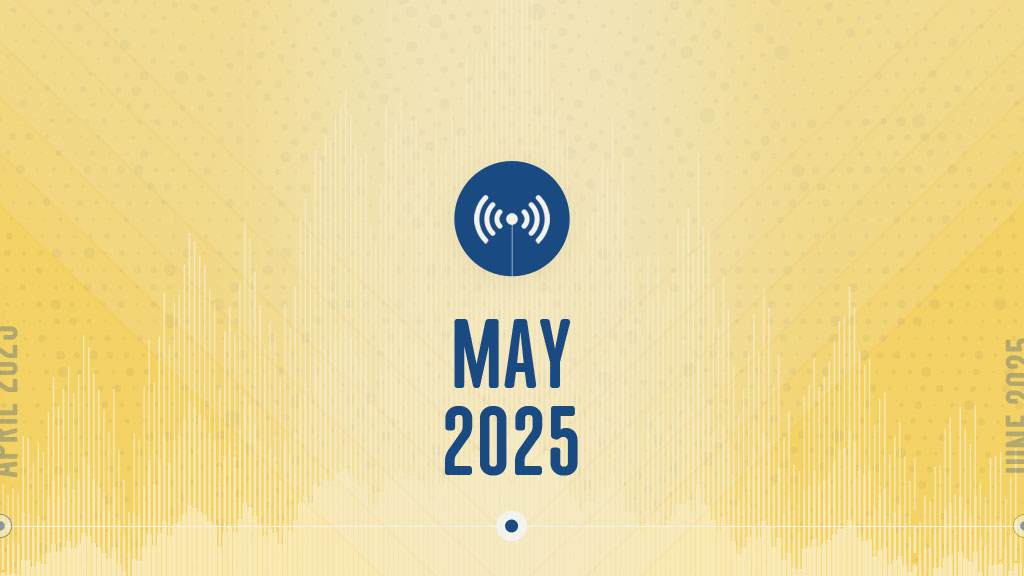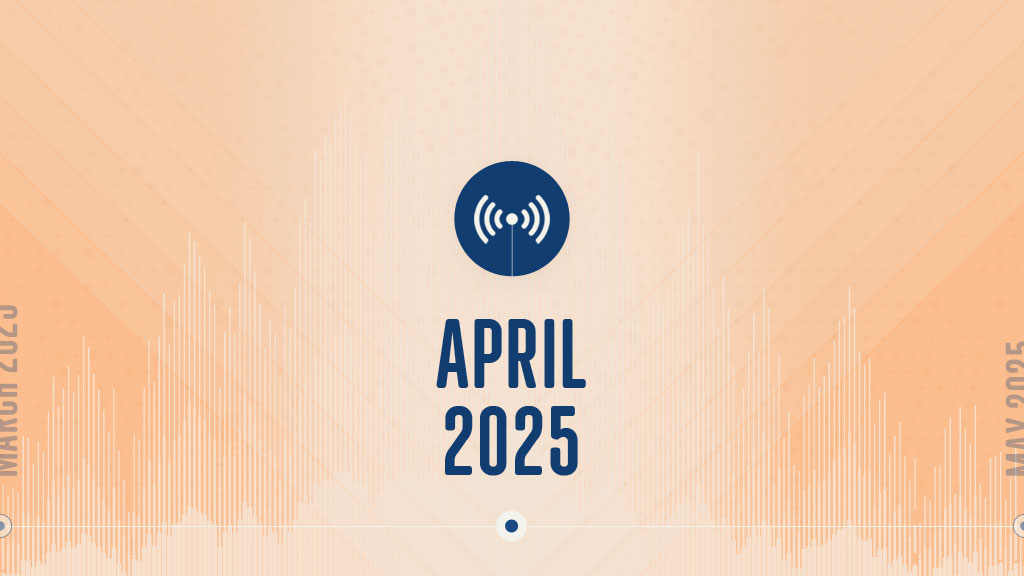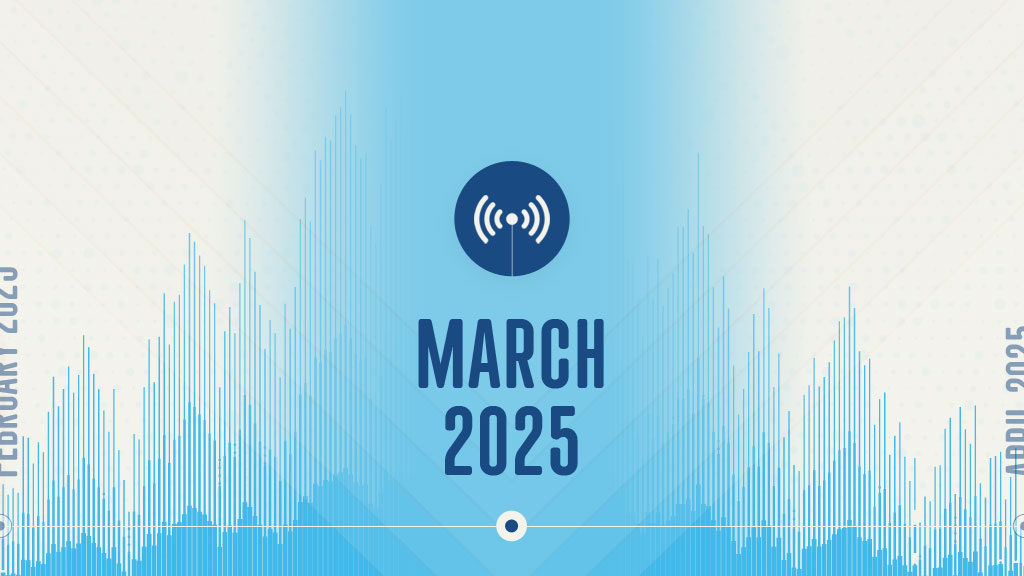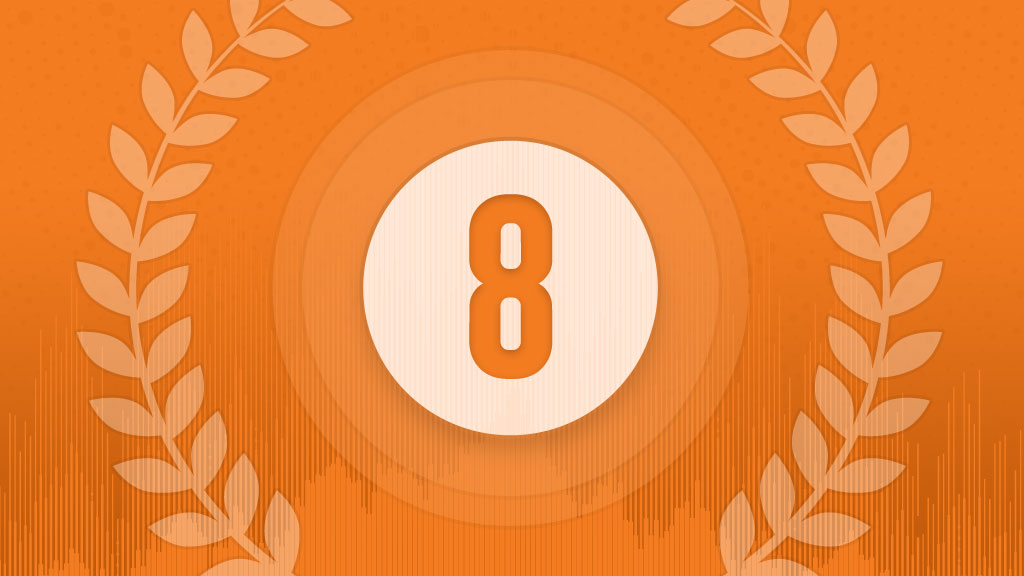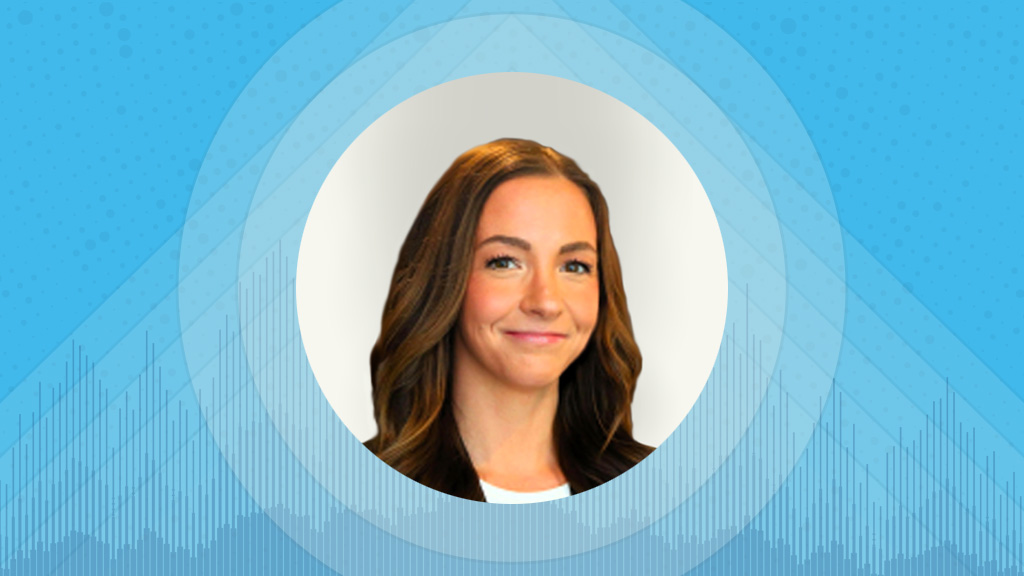Who Are You Calling ‘Old’?

Insight into the New Age of Aging
Our company, Age Wave, has studied issues related to the maturing population for nearly 40 years. Never have we been more excited to study the field of aging and longevity than in today’s climate of rapid growth, revolutionary change and unprecedented longer lifespans.
The older adult population will skyrocket by more than 50% over the next 30 years. Today’s modern elders are eager to pursue new dreams, adventures and goals as they enter a new life chapter.
We’re witnessing the beginning of a complete paradigm shift as today’s older adults and modern elders dismantle the long-held cultural beliefs and social biases about how older women and men should think, feel and act.
Our latest study, The New Age of Aging, is based on a nationally representative survey of over 2,000 U.S. adults, including over 900 adults aged 50 and older. It provides pivotal insights into the rapidly unfolding future.
Five Key Insights from the New Age of Aging
- The demographic makeup of the United States is turning upside down as older adults will soon outnumber youth under 18 for the first time in our history. Workplaces, homes, medical systems, transportation, shopping centers, lifelong education and digital technology must all adapt to these new demographic realities.
- The definition of “old” has been pushed back by twenty years, from 60 (in previous generations) to 80, the median age considered “old” today. And when discussing growing older, 69% of U.S. adults over 50 find the term “longevity” more appealing than “aging.”
- There’s a happiness boon to aging. Modern elders feel happier, freer and less anxiety-ridden than younger generations. Seventy-one percent of today’s adults 65 and older say the best time of their life is right now or still in front of them.
- Older adults want purposeful roles, with 83% of adults 65 and older saying it’s more important to feel “useful” rather than “youthful” in their retirement years. They are eager to pursue new dreams, adventures and goals. Nearly all (97%) agree that staying curious and willing to learn new things throughout life’s later years is essential.
- Healthspans (i.e., the years of dependable good health) remain stuck as lifespans increase. There’s work to do! Americans will spend a median of 12 years living with a disability or serious disease. The United States ranks No. 1 globally in healthcare spending but only No. 68 in healthy life expectancy.
The explosion in the size, expectations and aspirations of our maturing population has profound implications for business, healthcare, workforce management, society and culture.
In financial services, it presents an opportunity and a responsibility for wealth and asset managers and financial advisors to ensure that individuals prepare for longevity and have the resources to make the most of it — however they choose.
We invite you to read our study. It could transform your views about how today’s longevity can give rise to new ways of living, working, learning, contributing and playing for years to come. It could also change how you approach clients seeking advice not just on their retirement savings but also on how they will spend those years and their legacies.
Ken Dychtwald, Ph.D., (LinkedIn) is the CEO of Age Wave, Robert Morison (LinkedIn) is senior advisor, and Katy Terveer (LinkedIn) is the SVP of research. Listen to Dychtwald talking about the implications of aging for financial advice on the WealthTech on Deck podcast.

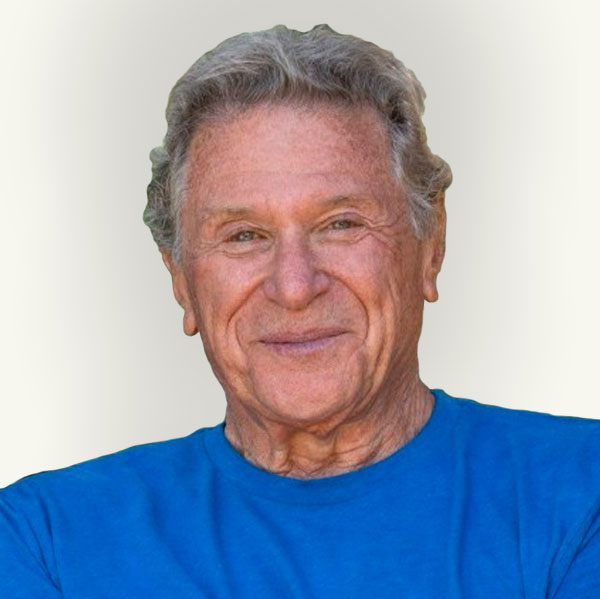 By
By 